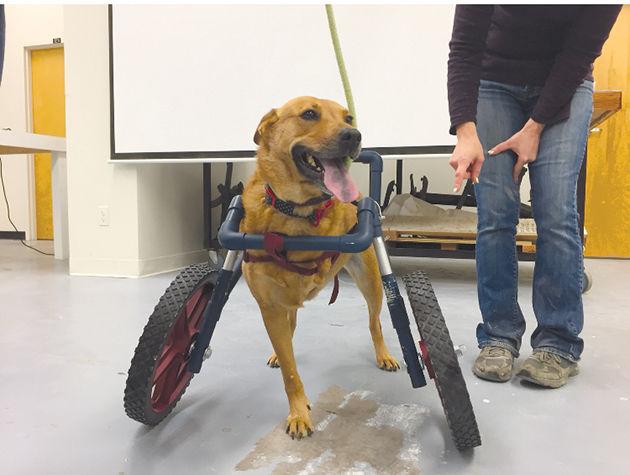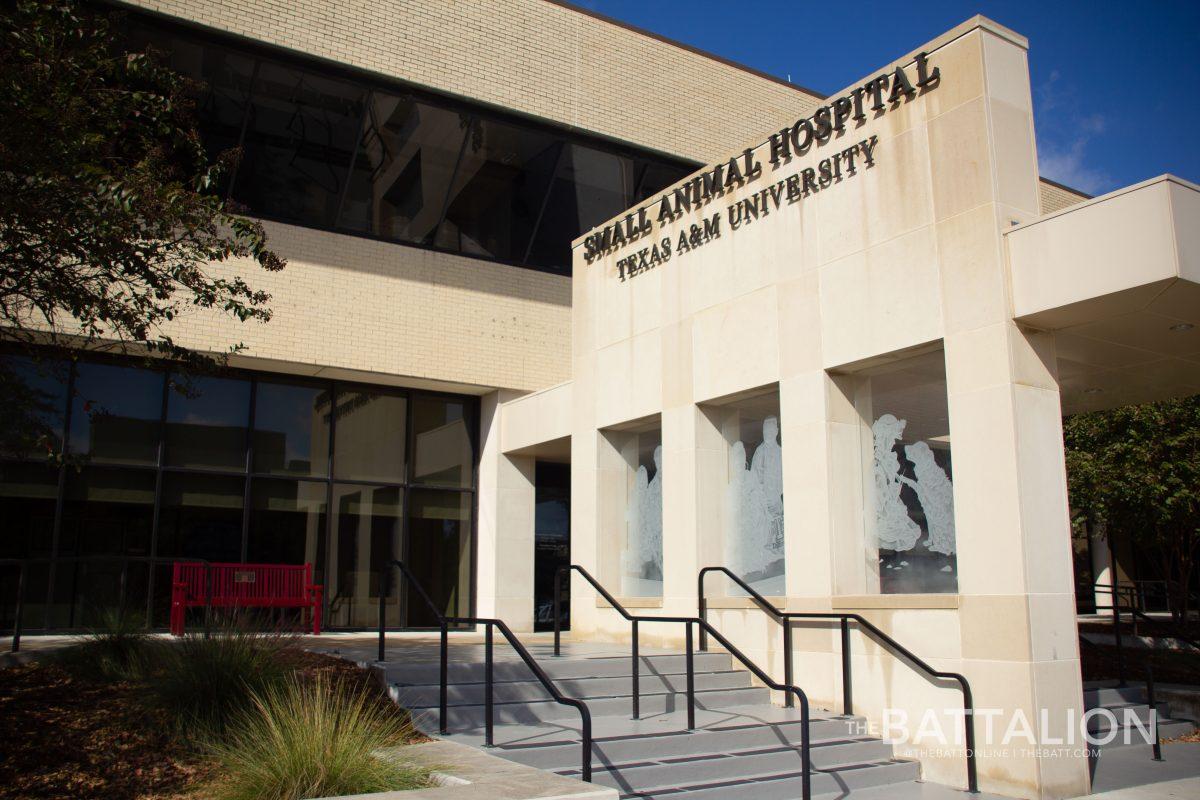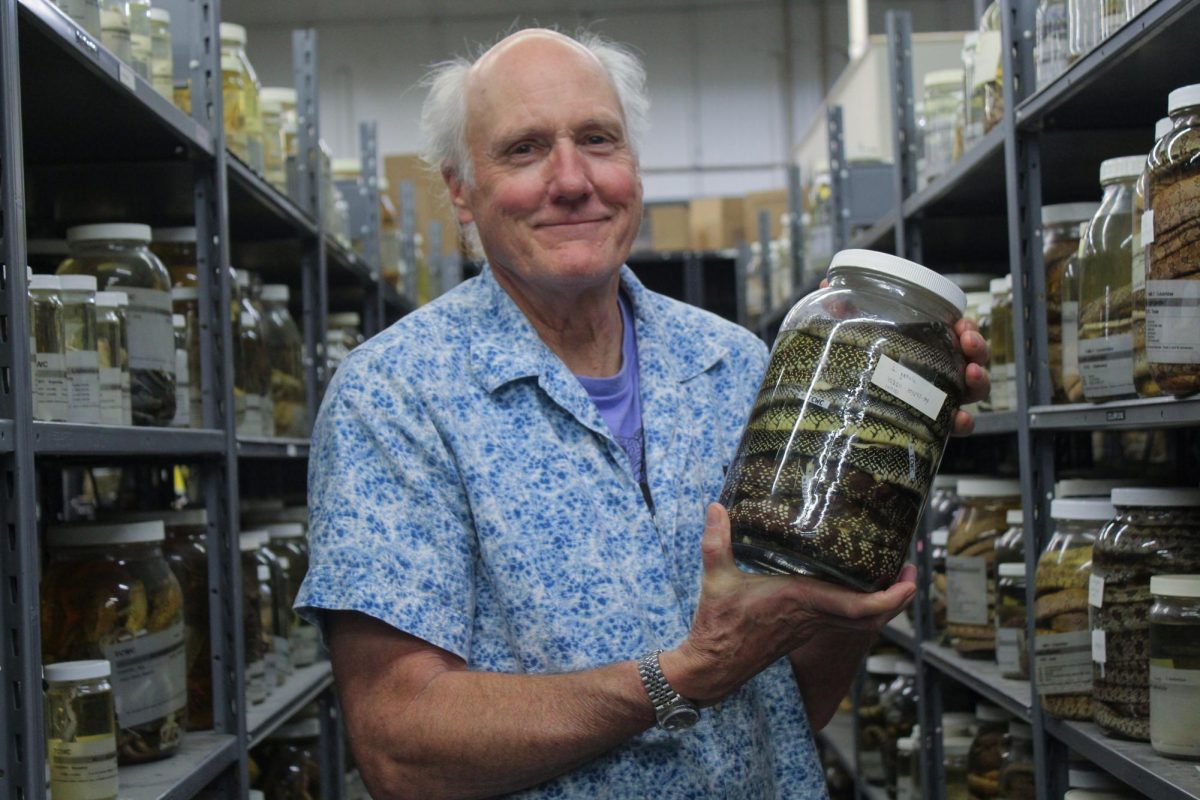Technology to design prosthetics for humans has been around for years, but a class at Texas A&M Commerce will now focus on making prosthetics for disabled animals.
E.A.S.T, or Empathy, Art, Science, Technology, is a new class at Texas A&M Commerce which focuses on developing inexpensive prosthetics for disabled animals. Josephine Durkin, associate professor of art at Texas A&M Commerce, was always curious about the combination of art and technology. When she found a project that joined them for such a noble cause, she said she wanted to expand upon it.
“Then I read about a project to make rolling carts for handicapped animals who could not afford them because shelters do not usually have a budget for these types of services,” Durkin said. “I thought it was a great idea.”
Durkin said she focused on the empathy element of the class because combining empathy with art and technology adds a different perspective to the table.
“Having the students develop technical skills — problem-solving skills — in order to help these animals, is that there is no reason you can’t have students learn the two things simultaneously,” Durkin said. “And then I thought I should create a class for this, which is open to all majors.”
Shelby Morales, animal science junior, said focusing on empathy is important and a great addition to a class of this nature, but there are negative implications to possessing a large amount of empathy, as it can lead to obstacles for both the animal and the owner.
“It is that compassion that can be transferred to dealing with people and shows a person’s true heart,” Morales said. “However, it can also cloud one’s judgment. Having too much empathy for animals can lead to hardship if an animal’s condition is more severe than we would like, and other options need to be noted. Too much empathy can lead to stress on the person, and pain on the animal.”
To create these carts there is lots of delicate work required in order to build the right fit for the specific animal. The students can provide the carts, but adjusting to it is up to the animal using the cart.
“The point of our carts is that we try to make them out of cheaper materials, such as PVC pipes because we want to make them affordable for all families,” Walker said.
Derek Walker, studio arts senior, said one dog named Lucy is having difficulty adjusting to the cart as it is restricting her from her daily practices.
“Right now our biggest obstacle is that we have Lucy, and she is a pretty young dog and she has a lot of life in her and loves to run around,” Walker said. “She gets around pretty well with her three legs, so she is not used to this cart and it is awkward to her, making her uncomfortable with it, which we want her to be.”
The carts created in the class are given as a donation to families that require them. These wheel-carts will be featured in “Altered Works” in Spring 2017.
Prosthetics bring pups hope
January 18, 2017
Photo by Provided
Texas A&M Commerce created rolling carts to allow animals to walk again after losing limbs.
0
Donate to The Battalion
$2790
$5000
Contributed
Our Goal
Your donation will support the student journalists of Texas A&M University - College Station. Your contribution will allow us to purchase equipment and cover our annual website hosting costs, in addition to paying freelance staffers for their work, travel costs for coverage and more!
More to Discover










